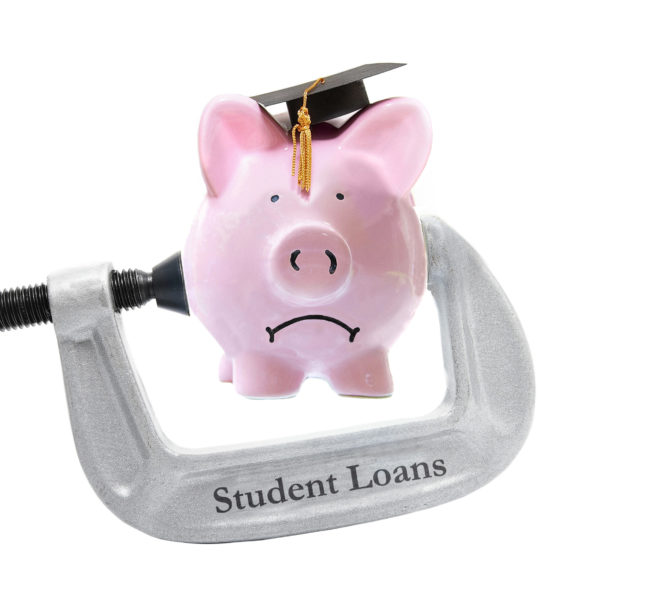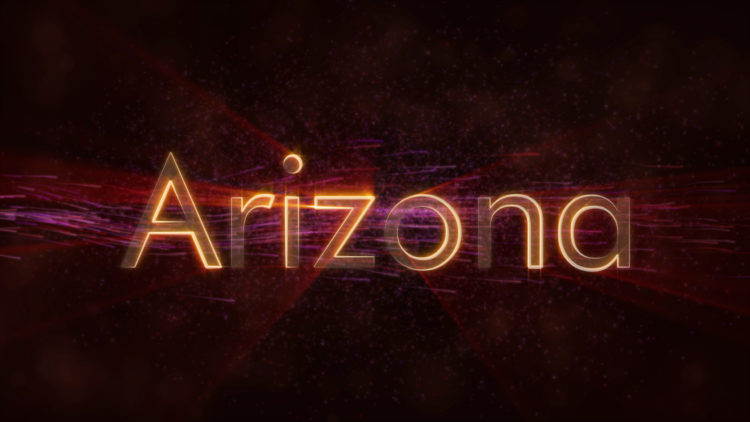
CARES Act Student Loan Relief
The CARES Act offers some relief for borrowers seeking student loan repayment delays. There are some limitations and not every loan classified as a student loan is eligible.

The CARES Act offers some relief for borrowers seeking student loan repayment delays. There are some limitations and not every loan classified as a student loan is eligible.

The CARES Act grants a payroll tax credit for employment taxes owed by certain eligible employers. Employers may be able to defer the employer portion of any Social Security taxes for the period beginning on March 27, 2020, and ending before January 1, 2021.

Governor Ducey issued an Executive Order temporarily suspending commercial tenant evictions, including lock out, notice to vacate, or any other attempt to inhibit the operations of a business associated with inability to pay rent caused by COVID-19. The Executive Order expires on May 31, 2020.

The Families First Coronavirus Response Act provides small and midsize employers refundable tax credits that reimburse them, dollar-for-dollar, for the cost of providing paid sick and family leave wages to their employees for leave related to COVID-19.

According to Eric Stevenson, President, Nationwide Retirement Plans, advisors to retirement plans will play a critical role, stating “This is the time they have to be more visible than they have ever been,” said Stevenson. “They have to be in constant communication with plan sponsors, even if from a distance.”

The Economic Injury Disaster Loans and Emergency Economic Injury Grants provide an emergency advance of up to $10,000 to small businesses and private nonprofits harmed by COVID-19 within three days of applying for an SBA Economic Injury Disaster Loan (EIDL). To access the advance, you first apply for an EIDL and then request the advance.

The Small Business Debt Relief Program provides immediate relief to small businesses with non-disaster SBA loans, such as 7(a), 504, and microloans. Eligibility requirements for 7(a), 504, and microloans, along with other resources, are in this article.

Business owners should consider the Paycheck Protection Program (PPP) to assist them through this critical time. We highly recommend they contact their lending institution to start the lending process and begin gathering information that may be required for their application.

On March 30, 2020, Arizona Governor Doug Ducey announced Arizona’s version of a stay-at-home executive order. Unique to Arizona, the Governor’s order includes a strong focus on mental health and encourages Arizonans to participate in outdoor activities in accordance with social distancing measures.

The SBA strongly encouraged its lending partners to offer deferment relief to existing borrowers that have been adversely affected by COVID-19-related economic disruptions.

Congress is proposing a stimulus bill, which is expected to become law in the next few days. Here are some of the major provisions and potential impacts.

Governor Ducey declared most Arizona counties, including Maricopa, a disaster area. This means business owners can apply for low-interest loans online through the U.S. Small Business Administration (SBA) Disaster Loan Application Portal.